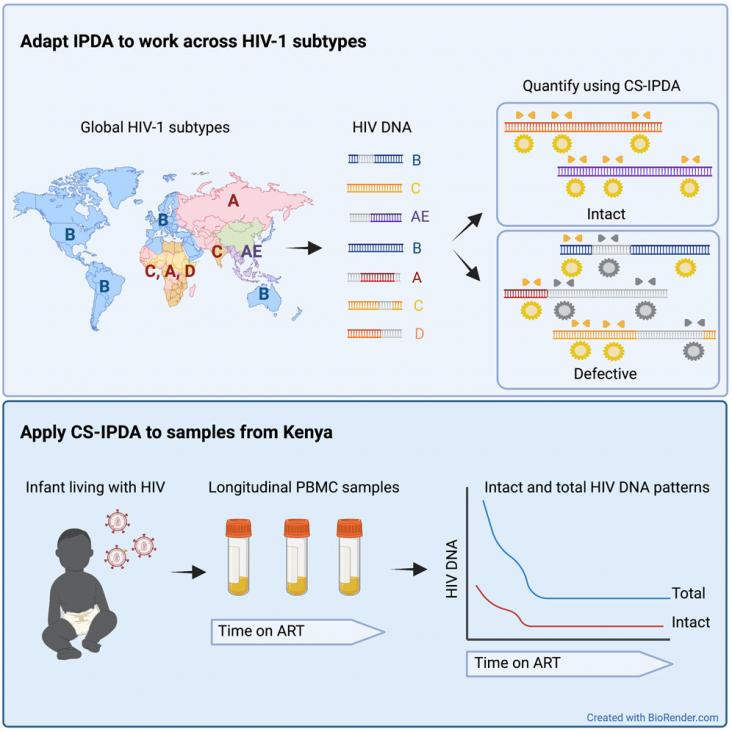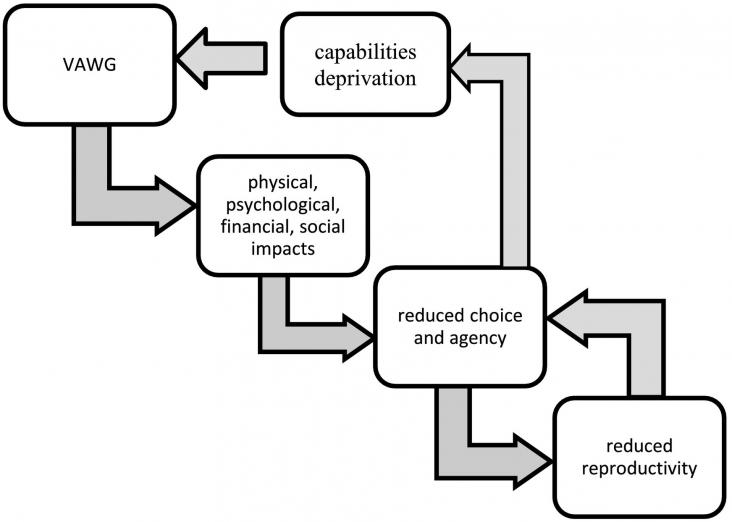
This is a methods paper to quantify HIV reservoir. This high-throughput cross-subtype reservoir assay will be useful in HIV cure research in Africa and Asia, where HIV prevalence is highest.
We explore ethical premises and practical implications of using genetic testing to predict suicide risk.
Since 1999, the Office of the United States Surgeon General has identified suicide prevention as a national public health priority.
This review summarizes recent research in four environmental areas affecting risk of deaths by suicide.
Cyberbullying is associated with increased risk of suicidal and self-harm behaviors in children and adolescents.
Objectives: A limitation in the design and monitoring of public health policies is the lack of conceptual models to explain their results.
A discussion of how well indigenous people should be compensated if their land needs to be developed.

This article presents unique data on the economic and social impacts of Violence against Women and Girls (VAWG) in development contexts.
A Personal View in support of SDGs 1, 2, and 13, describing how use of quantitative data can support targeted interventions for nutrition resiliency and suggesting actions that can help to prevent acute malnutrition in the context of worsening climate and conflict conditions.
In sub-Saharan Africa, HIV/AIDS remains a big challenge and a leading cause of death among young adults, its main productive human resource.
